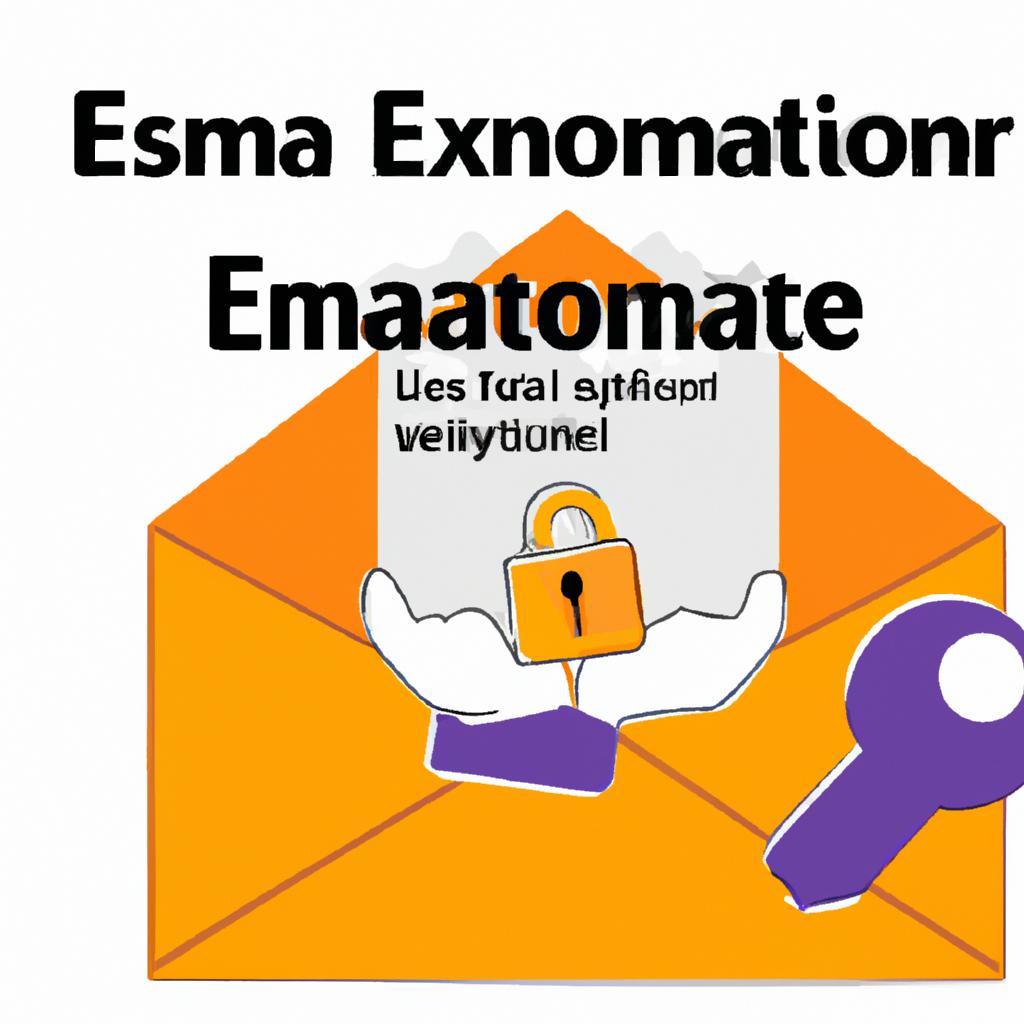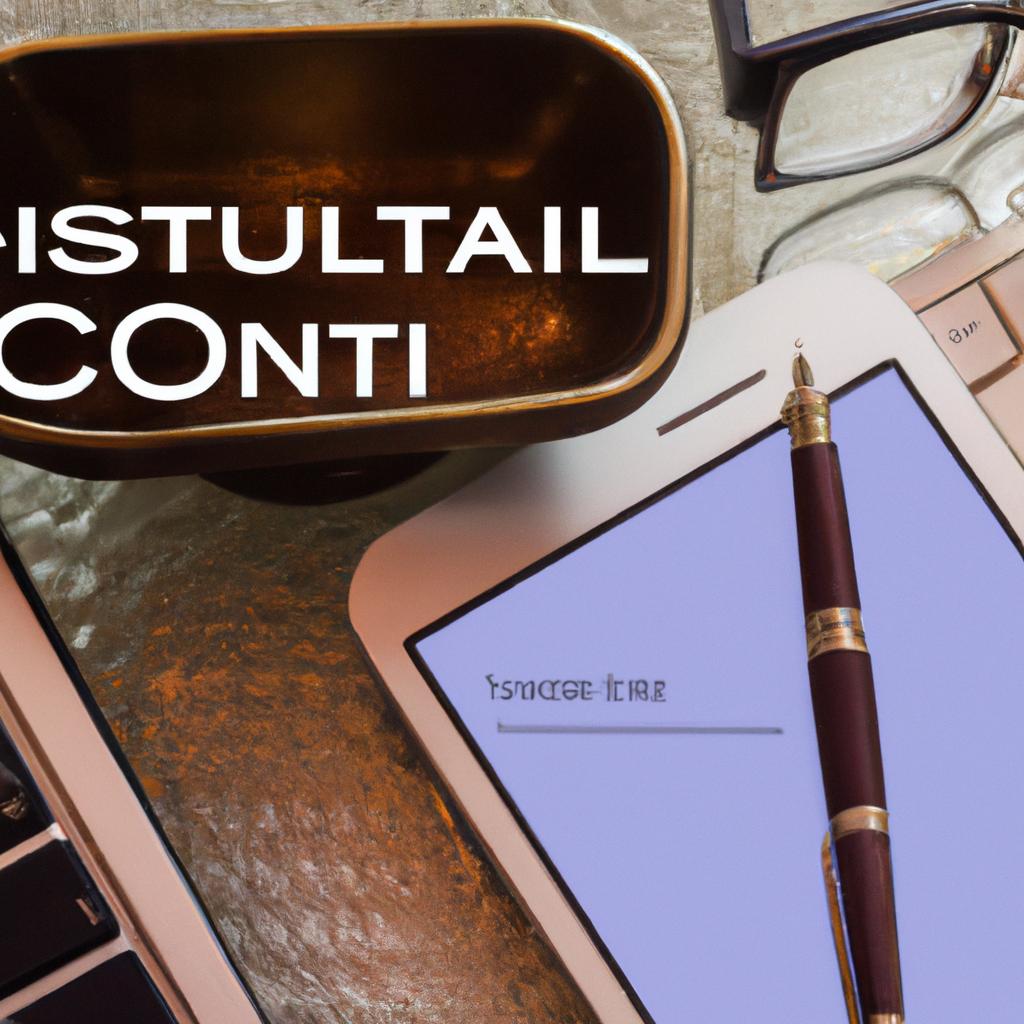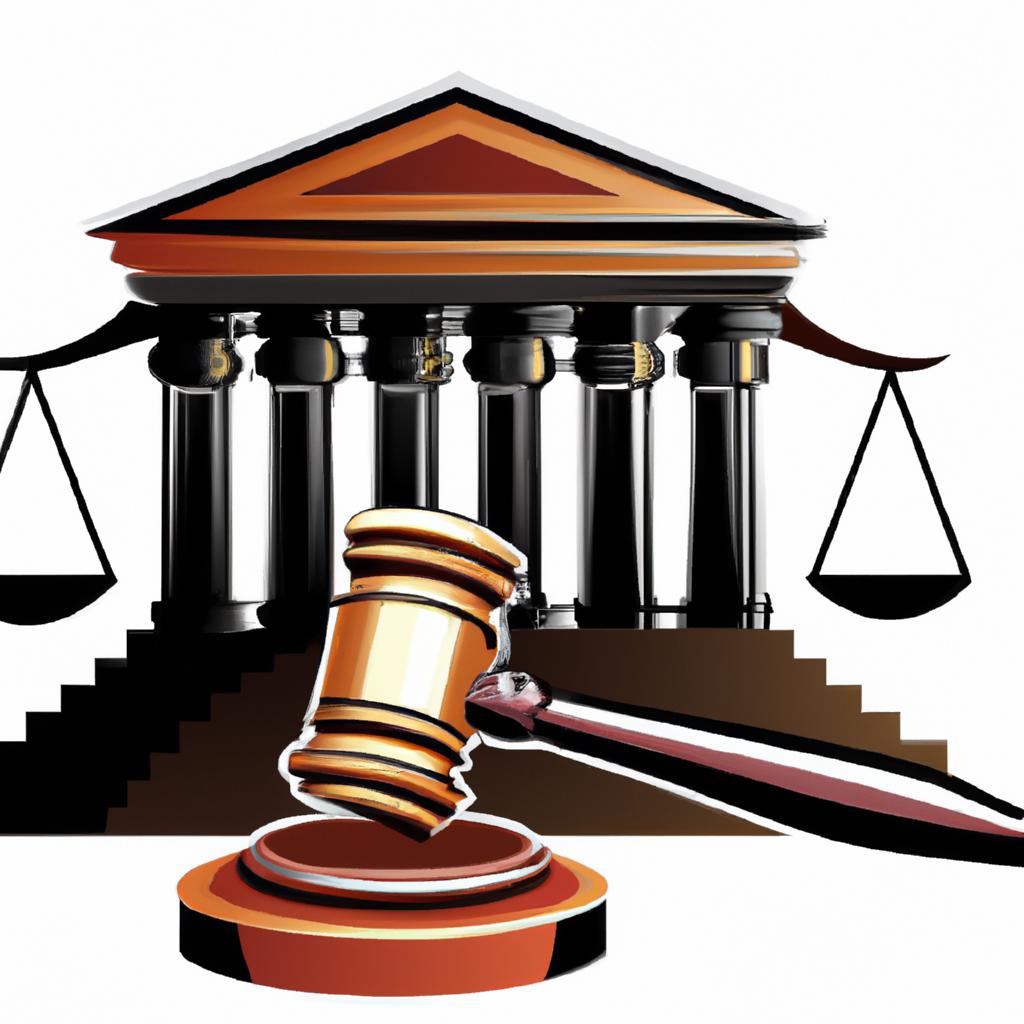Have you ever considered what happens to your email accounts when you pass away? In the digital age, the management of online accounts and digital assets after death poses unique challenges. As experienced estate planning attorneys at Morgan Legal Group in New York City, we understand the importance of addressing these issues in a comprehensive estate plan. In this article, we will explore the steps you can take to ensure that your email accounts are properly managed and secured after your passing.
Understanding Email Ownership and Access After Death
Email ownership and access after death is a complex legal issue that many individuals overlook when considering their estate planning. When you pass away, your emails do not simply disappear – they become part of your estate. It is crucial to understand the implications of email ownership and access for your loved ones and ensure that you have a plan in place to address this digital asset.
Without proper planning, accessing a deceased loved one’s email account can be a challenging and time-consuming process. It is important to consider the following factors when thinking about what happens to your email when you die:
- Privacy concerns: Your emails may contain sensitive or personal information that you may not want others to access.
- Legal considerations: Different email providers have different policies regarding access to deceased users’ accounts.
- Planning ahead: Including provisions for email access in your estate plan can help alleviate confusion and conflict for your loved ones.

Navigating Legalities Surrounding Deceased Individual’s Email Accounts
When a loved one passes away, their email accounts can become a source of complexity and uncertainty for family members and friends. Navigating the legalities surrounding deceased individuals’ email accounts is crucial in today’s digital age. As emails often contain important information, sentimental memories, and even financial transactions, it is essential to understand what happens to these accounts after someone dies.
In most cases, access to a deceased individual’s email account requires legal authorization, such as obtaining a court order or permission from the email service provider. It is important to consider the following factors when dealing with deceased individuals’ email accounts:
- Privacy concerns and confidentiality
- Ownership of the account
- Digital assets and access
- The terms of service of the email provider
Understanding the legalities surrounding deceased individuals’ email accounts can help streamline the process of accessing and managing their digital assets. At Morgan Legal Group, we specialize in estate planning and probate law, and we are here to provide guidance and support during this challenging time.
Implementing Secure Measures for Email Account Management in Estate Planning
In the digital age, the management of one’s email account is often overlooked in the estate planning process. However, it is crucial to implement secure measures to ensure the proper handling of your email account when you pass away. Failure to do so can result in sensitive information being accessed by unauthorized individuals or important communications being missed.
One effective way to secure your email account is to create a list of all your online accounts and passwords, including your email account information. This list should be kept in a secure location, such as a safe deposit box, and should be easily accessible to your designated executor or trusted family member. Additionally, consider setting up a digital executor who can manage your online presence after your passing. It is also important to specify in your will how you would like your digital assets, including your email account, to be handled. By taking these steps, you can ensure that your email account is managed in a secure and responsible manner as part of your overall estate plan.
Consulting Professional Legal Services for Email Account Disposition After Death
Email account disposition after death is a complex issue that many individuals overlook in their estate planning. When a person passes away, their digital assets, including email accounts, need to be properly managed to avoid unauthorized access and protect sensitive information. Consulting professional legal services is crucial to ensure that your email account is handled in accordance with your wishes and the law.
At Morgan Legal Group, our experienced team can help you navigate the legal complexities of email account disposition after death. We can assist you in creating a comprehensive estate plan that includes provisions for your digital assets, including guidance on how to handle your email account. By working with us, you can have peace of mind knowing that your digital legacy will be protected and managed in line with your wishes.
Q&A
Q: What happens to your email when you die?
A: When a person passes away, their email account can become a source of confusion and uncertainty for loved ones.
Q: Can family members access the deceased’s email account?
A: Accessing the email of a deceased loved one can be a complex process. Without the proper legal authorization, many email providers will not grant access to the account.
Q: What happens to emails that are left unread?
A: Unread emails may remain in the account indefinitely, unless someone takes action to close or deactivate the account.
Q: Is there a way to designate someone to manage your email after you die?
A: Some email providers offer options for users to designate a trusted individual to manage their account in the event of their death. This can make the process easier for loved ones.
Q: What steps can be taken to ensure a smooth transition of email access after death?
A: It’s important to create a plan for what should happen to your email account in the event of your death. This may involve designating a digital executor or providing instructions for managing your online accounts.
Q: Are there any legal considerations when it comes to accessing a deceased person’s email?
A: Accessing a deceased person’s email without authorization can be a violation of privacy laws. It’s important to follow the proper legal procedures when attempting to gain access to someone’s email account after they have passed away.
In Summary
As we navigate the complexities of our digital lives, it’s important to consider what happens to our online presence after we pass on. Your emails, filled with memories and messages, will continue to exist long after you’re gone. By taking the time to plan for the future of your digital legacy, you can ensure that your emails are handled with care and respect. Whether you choose to delete them, transfer ownership, or leave them as a lasting archive, the choice is yours. Remember, your emails are a reflection of your life and relationships, so consider the impact they will have on your loved ones when the time comes. Just as our physical possessions are passed down to our heirs, so too should we consider the fate of our digital artifacts. So, as you tidy up your inbox and sort through your messages, think about what you want your emails to say about you when you’re no longer here. Your digital legacy is just as important as your physical one, so be sure to leave behind a meaningful and memorable story for those who come after you.






